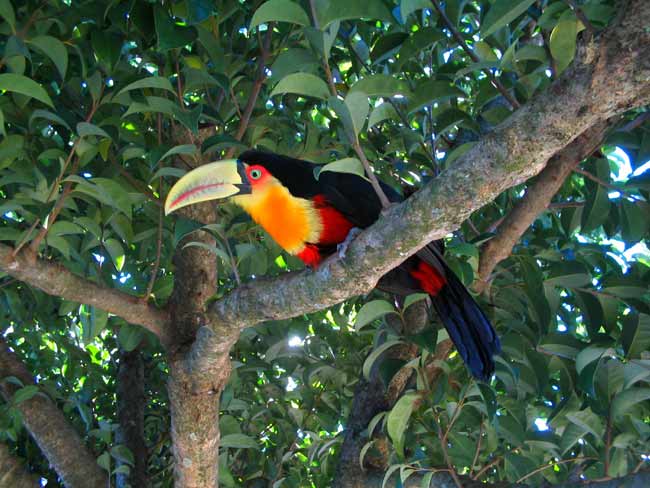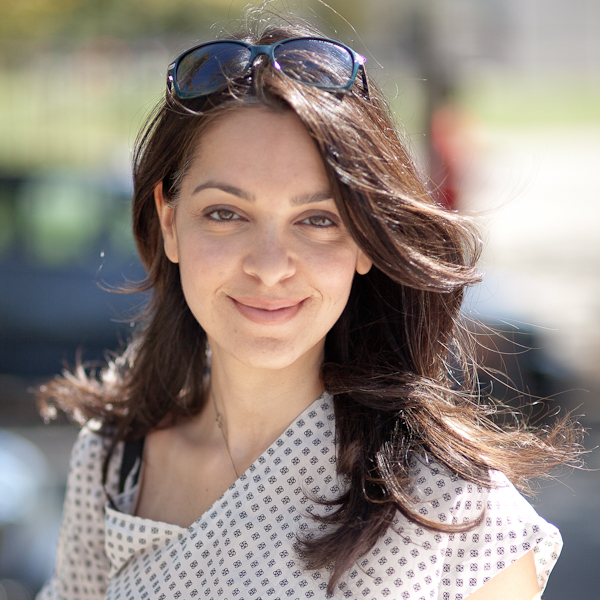Life's Cradle Also a Living Museum

The tropics are where new species begin and older species continue to live, according to a new study that settles a long-running debate.
"I think we've killed the idea that the tropics is either a cradle or a museum of biodiversity,” said study co-author James W. Valentine, professor emeritus of integrative biology at University of California, Berkeley. "It's both."
The regions of the Earth near the equator—the tropics—are much richer in species and evolutionary lineage than anywhere else on Earth. That much has long been known. But the reason for this has baffled scientists and for the past 30 years they wondered if this is where new life begins or where older life persists.
Studying 11 million years worth of shell fossils, Valentine and colleagues found that three-quarters of one group of marine animals that include oysters, clams and other bivalve mollusks originated in the tropics. The remaining one quarter came from higher latitudes. [Graphic]
"We took a whole group of clams and organized them," said lead author David Jablonski of the University of Chicago. "Then we made maps of the clams to show where they first occurred and then what happened to them. We tracked if they stayed in the same place, if they moved or if they died."
The clams and other bivalves grew in the tropics and stayed there. Some also eventually spread to the north. But they didn’t lose their tropical presence, which indicates that evolutionary effects in the tropics would be felt at all latitudes, the researchers report in the Oct. 6 issue of the journal Science.
Valentine suspects that the greater origination rate of new species in the tropics is due to the longer growing seasons as compared with the short productive season of the colder regions.
Get the world’s most fascinating discoveries delivered straight to your inbox.
Other plants and animals probably have an overwhelmingly tropical origin also, Valentine said. "These species are spilling out of the tropics and increasing the diversity in temperate and arctic regions. We should preserve the tropics, because without them, there is no source anymore for diversity in higher latitudes."
 Live Science Plus
Live Science Plus






